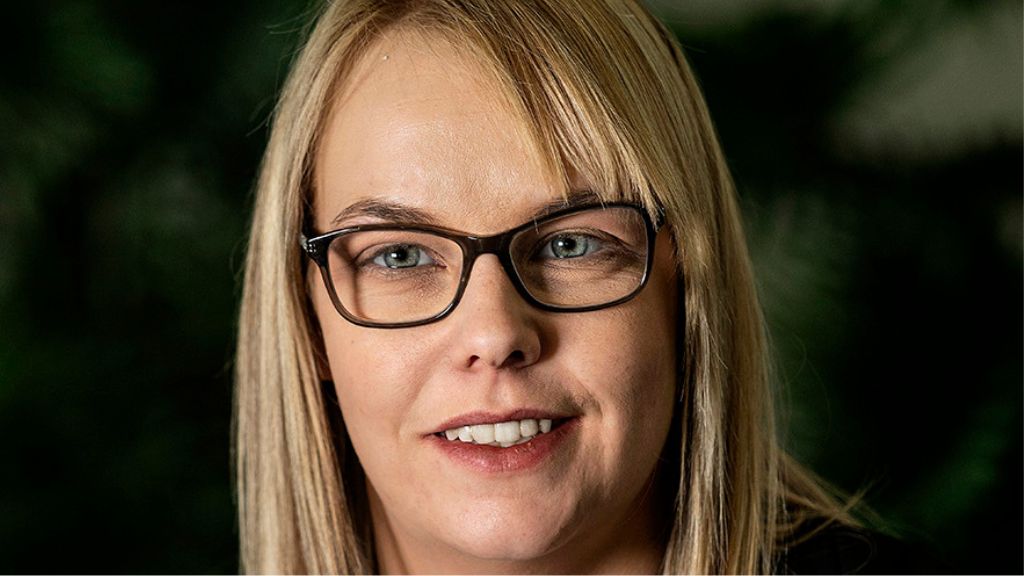‘We’ve run out of road’, ADASS report calls for action to save social care
A roadmap to transform adult social care in England has been published by the Association of Directors of Adult Social Services (ADASS).
Time to act: a roadmap to reform care and support in England was launched at the ADASS Spring seminar today, where leaders are meeting to discuss the challenges they face in the coming year, against a backdrop of the biggest crisis social care has ever faced, caused by years of under-investment.
The roadmap proposes how care and support could be transformed in England, focusing on 10 key areas for change: from improving housing options for those of us who are older or disabled, tackling the chronic social care staffing issues including pay and conditions, to supporting carers and making care more affordable.
It charts what needs to be done in the next two years, what changes are needed in two to five years and longer term over the next ten years to ensure that everyone who needs care and support, can access it, whoever they are and wherever they live in England. The report also includes examples already in train that are improving care and support for people.
Sarah McClinton, president of ADASS, said: “After decades of false dawns on reforms and funding, never in my professional career have I seen the adult care system so close to breaking point. Millions of people are in pain or distress because they aren’t getting the care they need and family and friends picking up the pieces are being pushed to the edge.
“We’ve been trying to patch-up social care for years, but we’ve run out of road. We need to act now to save social care. We don’t expect the government to wave a magic wand, but we do need the political will to invest in a long-term plan to ensure good care is available to everyone, everywhere.
“And the government must back local leaders and local people to take charge of fixing care in their communities because they know what’s needed. What’s impressive in this report is that despite the odds we’ve faced – the pandemic, the cost-of-living crisis, chronic underfunding – local people are showing what’s possible. But they need the backing of the whole country to make it happen everywhere.”
The report highlights changes that can be made today at a local level, many without the need for huge amounts of money. It also showcases innovative programmes around the country already providing solutions to some of the toughest challenges in improving care and support for people.
Report author Dr Anna Dixon said: “The good news is this report shows that when it comes to care and support, we all want the same thing: a fair system that enables everyone to live in the place we call home, with the people and things that we love, in communities where we look out for one another, doing what matters to us.”
Report author Kate Jopling said: “We know where we want to get to. Now is the time to act; for everyone to take responsibility and have the courage to say care and support is important to them.”
Miriam Deakin, director of policy and strategy at NHS Providers said: “Despite repeated commitments from the government to address the challenges in social care, not enough is being done.
“Social care is crucial in helping people remain independent and live the lives they want. Delayed discharge from hospital is, in part, due to the overwhelming need for more funding for social care as well as better support for community services.
“This report shows we need greater investment in community capacity, prevention, integrated services, data and digital, and meaningful reform – as well as rewards for the workforce. It’s deeply concerning that national funding for the social care workforce was recently halved.
“Addressing the issues facing the social care sector will require local collaboration and leadership, but most importantly, real cross-party impetus to turn words into action.”




